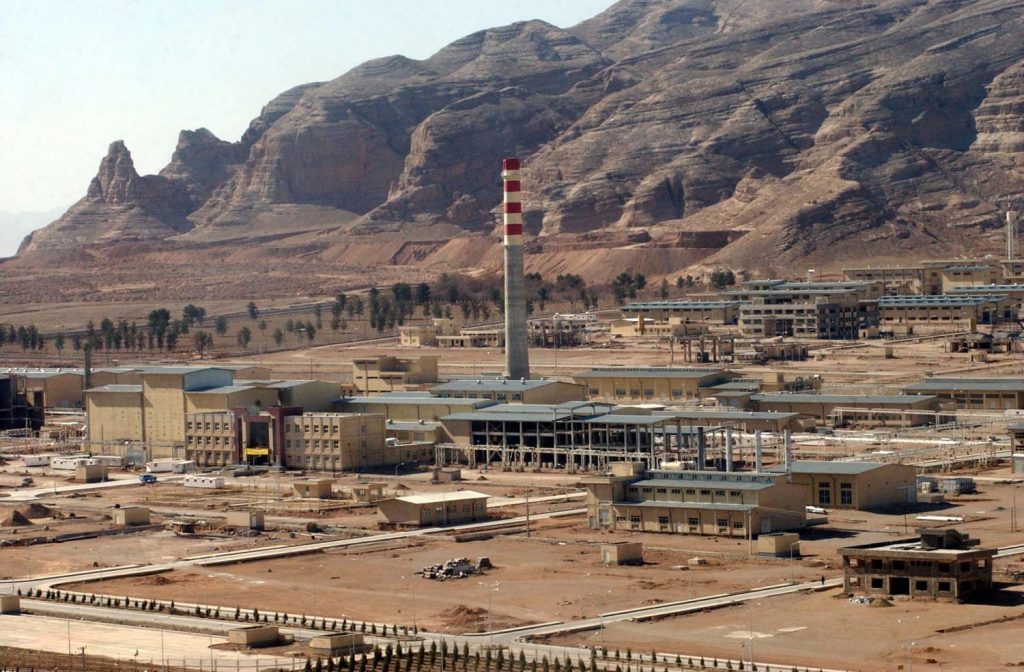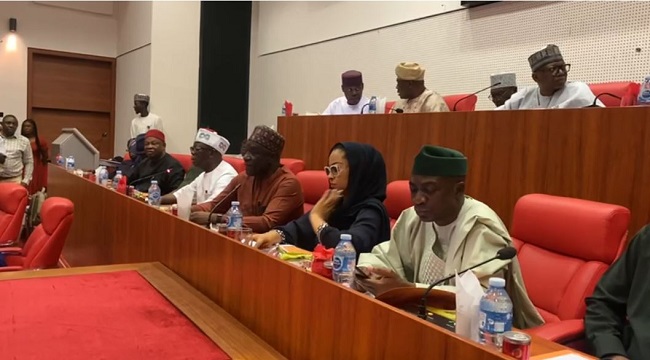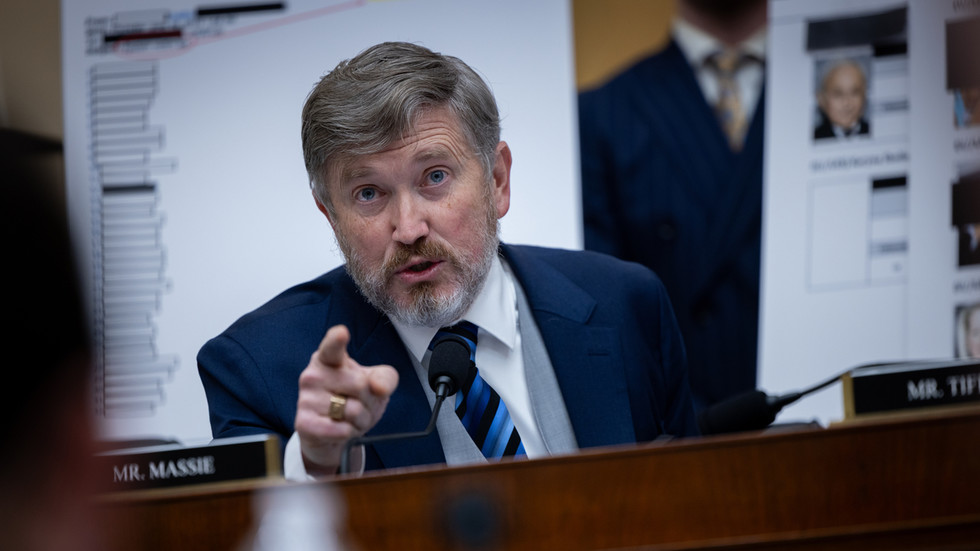The Director-General of the World Trade Organisation, Ngozi Okonjo-Iweala, has emphasized the need for Nigeria to address its high logistics costs, develop efficient payment systems, and invest in value addition to lead Africa’s new era of trade. Speaking at the WTO Public Forum in Geneva, Switzerland, Okonjo-Iweala stressed that Nigeria and other African economies must accelerate the implementation of the African Continental Free Trade Area, AfCFTA, and strengthen their infrastructure to unlock opportunities in manufacturing, services, and digital trade.
The AfCFTA, which aims to promote economic integration among African countries, has the potential to increase intra-African trade, currently standing at around 15-20 percent, significantly lower than the European Union’s 60 percent. Okonjo-Iweala cited the example of Lesotho, which exports around $200 million worth of textiles to the US, while Africa imports $7 billion of similar goods, highlighting the need for African countries to trade more with each other.
To achieve this, Okonjo-Iweala emphasized the importance of efficient payment systems, better infrastructure, and lower trade costs. She noted that it should not take longer to ship goods from Cape Town to Lagos than from China to Lagos, underscoring the need for improved connectivity and implementation. With Africa’s rich endowment of critical minerals, energy, and new supply chains, as well as opportunities in services and digital trade, there is huge potential for growth, Okonjo-Iweala said.
The former Nigerian Minister of Finance also cautioned against negative narratives about global commerce, which risk overshadowing recent successes achieved through multilateral cooperation. Okonjo-Iweala’s remarks come as the AfCFTA continues to gain momentum, with many African countries working to implement the agreement and increase trade among themselves. As Nigeria seeks to dominate the AfCFTA, addressing its logistical challenges and investing in key sectors will be crucial to unlocking its full potential and promoting economic growth and development in the region.



